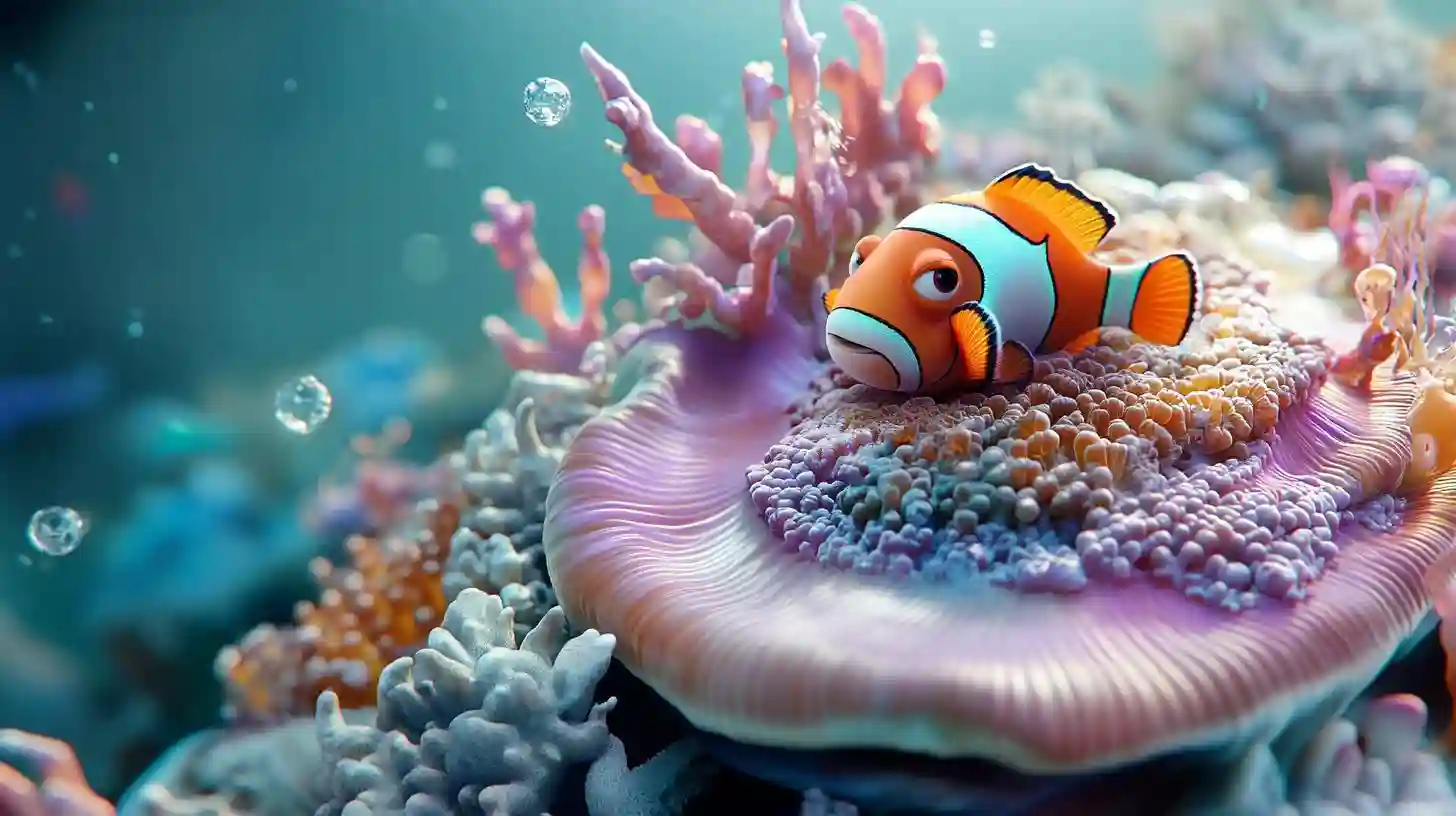
Wisdompulseonline

Finding Nemo is a vibrant animated comedy that explores themes of human nature deeply embedded in its underwater narrative. Through the lens of a heartfelt father-son relationship, the film captures the essence of parental anxiety, the quest for identity, and the intricate balance between fear and bravery. The story revolves around Marlin, a clownfish, who embarks on a perilous journey across the ocean to rescue his son, Nemo, who has been captured by a diver. While the plot is simple enough to entice children, it reveals layers of complexity that resonate with adults, reflecting fundamental aspects of human emotions and societal interactions.
One of the core themes in Finding Nemo is the protective instincts that arise in the face of potential danger. Marlin’s overbearing nature stems from a traumatic past where he lost his wife and almost all of his eggs to a predator. This backstory establishes a foundation of fear that governs his character's actions. His obsessive need to shield Nemo from the dangers of the ocean can be seen as a metaphor for parental love. However, the film illustrates that this love can sometimes become suffocating. As Marlin struggles to let go, he learns that not all dangers can be prevented and that personal growth often comes from facing fears rather than avoiding them.
Nemo, on the other hand, symbolizes the innate desire for independence that exists within every child. His capture serves as a catalyst for his own journey towards self-discovery, as he learns about resilience, companionship, and the importance of standing up for oneself. The contrasting dynamics between Marlin and Nemo reflect the natural struggles between parents and children. Nemo’s determination to prove his worth and capability mirrors the teenage quest for autonomy and identity that characterizes human adolescence. Through their interactions, the film emphasizes the necessity of finding a balance between nurturing and allowing freedom—a crucial component in the developmental journey of both children and parents.
The colorful underwater world of Pixar’s creation also serves as a rich backdrop for exploring various social dynamics, showcasing a unique blend of comedic elements intertwined with poignant lessons. The characters encountered along the way, from Dory, the forgetful regal blue tang, to Bruce, the great white shark who advocates for vegetarianism, serve as representations of various personality traits and societal constructs. Dory’s upbeat and positive demeanor illustrates the importance of friendship and support during trying times. Her mantra of “just keep swimming” embodies perseverance and resilience, offering a refreshing take on facing adversities.
Conversely, Bruce and his gang of sharks present an interesting commentary on overcoming stereotypes. Their humorous yet earnest efforts to avoid eating fish depict the thin line between instincts and choices. This element of the story emphasizes that while our nature might lean towards certain behaviors or patterns, choice and intention play a significant role in determining our actions. The film playfully challenges the audience to consider the deeper moral implications of their choices, making the underwater community not just a whimsical setting but also a mirror reflecting human society with its complexities and contradictions.
Finding Nemo also delves into themes of collaboration and the importance of community. Throughout Marlin’s journey, he encounters a diverse suite of characters who assist him in various ways, highlighting the fundamental human reliance on relationships and teamwork. It subtly conveys that no journey undertaken alone can match the richness of a shared experience, reinforcing the idea that collaboration is vital to overcoming challenges. Each character he meets exemplifies different aspects of cooperation, camaraderie, and the kind of trust that can only be forged through experiences shared with others.
The film’s conclusion elegantly ties together the threads of anxiety, growth, and acceptance. Marlin ultimately learns to embrace the imperfection of life, realizing that love includes trust and freedom. Nemo’s re-entry into a world that is not without its risks becomes a celebration of growth—not just for him but also for Marlin, who learns to relinquish control and support his son as he journeys into his own future.
In this underwater odyssey, Finding Nemo gracefully navigates the depths of human emotions, illustrating how our perceptions, fears, and growth patterns resonate with audiences of all ages. By portraying a world filled with humor and heart, the film transcends mere entertainment, inviting viewers to reflect on their own lives, relationships, and journeys. The play between comedy and emotional depth encapsulates the innate complexities of human nature, all while framed within a fantastical aquatic adventure that enchants and educates simultaneously.